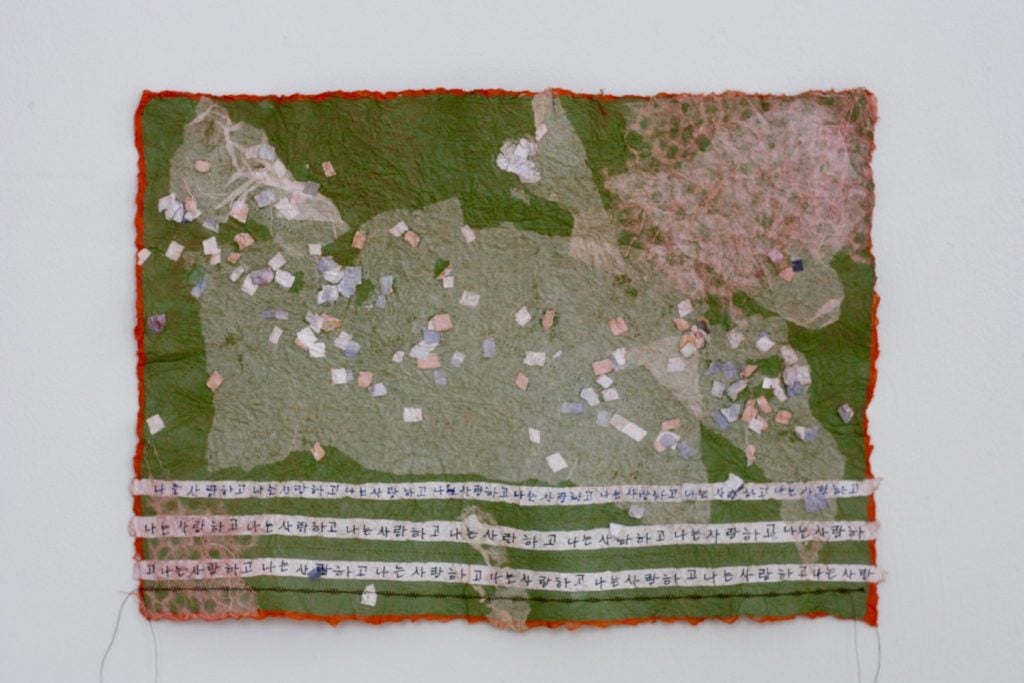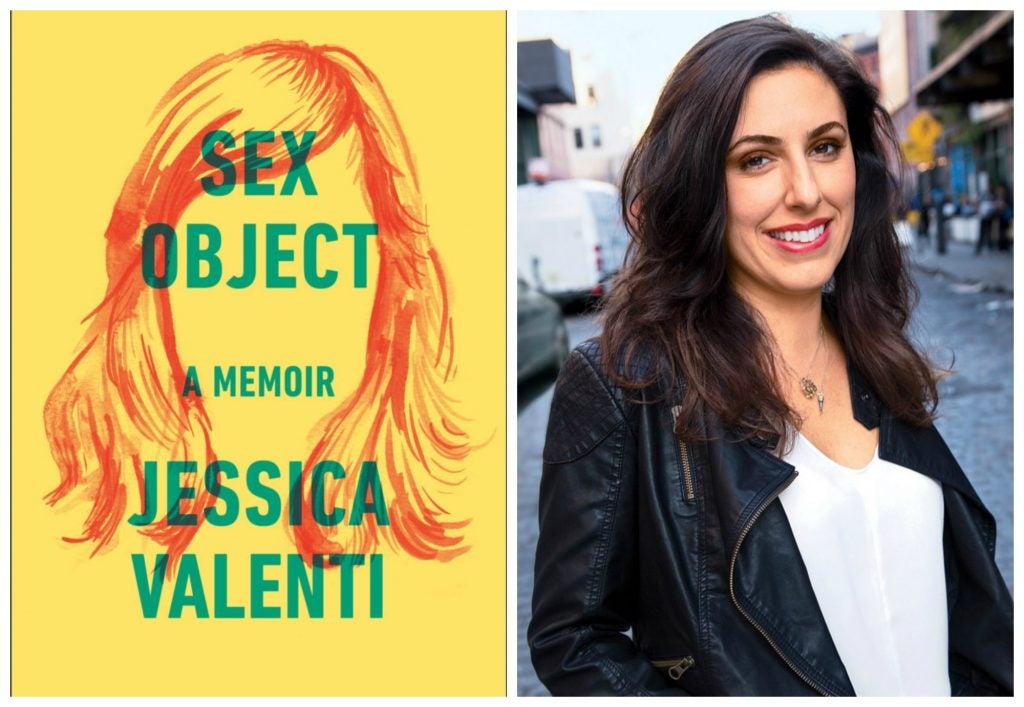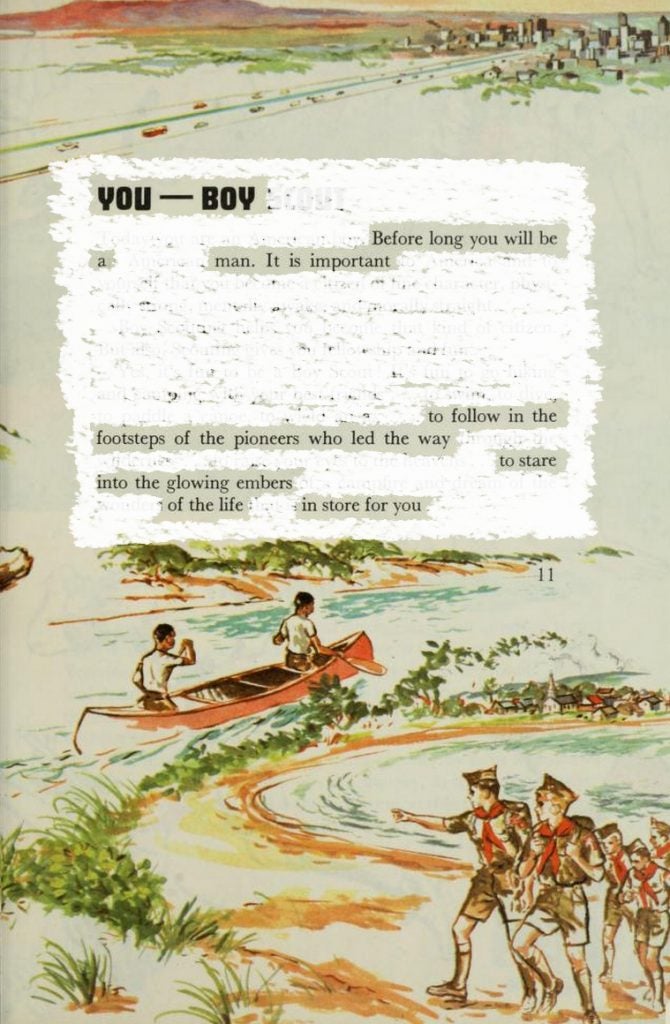I Arrived in a Dress: An Interview with Mary-Kim Arnold
“It seems to me that there are only two essential things we bring to our creative work: our tools–language or fabric or paper–and the truth of our own experience, our own psychic realities. For years, I tried to write in traditional narrative forms, but I struggled with moving a plot forward in time. As much as I wanted a kind of cohesive linearity, it was not something I could do. Both the truth of my experience–which is living between places and with rupture–and what I am interested in aesthetically is about resisting boundaries and creating some kind of meaning out of chaos, from fragments.”
I Arrived in a Dress: An Interview with Mary-Kim Arnold Read More »
“It seems to me that there are only two essential things we bring to our creative work: our tools–language or fabric or paper–and the truth of our own experience, our own psychic realities. For years, I tried to write in traditional narrative forms, but I struggled with moving a plot forward in time. As much as I wanted a kind of cohesive linearity, it was not something I could do. Both the truth of my experience–which is living between places and with rupture–and what I am interested in aesthetically is about resisting boundaries and creating some kind of meaning out of chaos, from fragments.”







